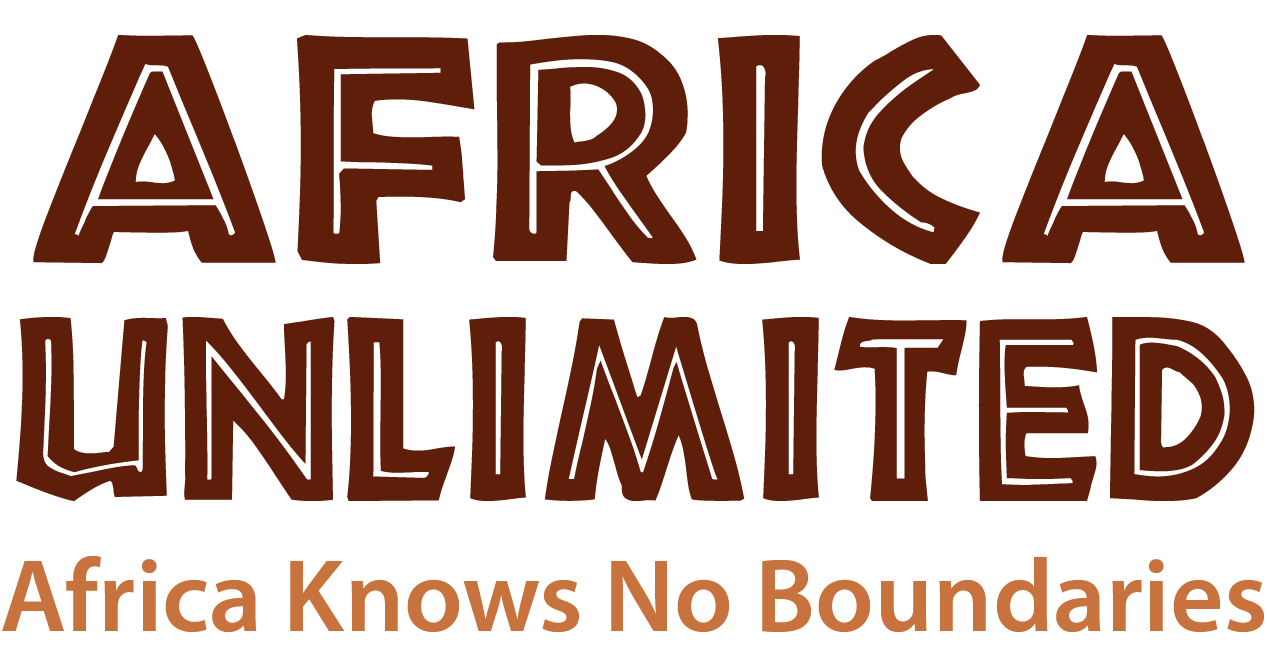They say wherever Africans were taken in the Americas, they took their culture with them. And so just as Jazz is African rhythms with some European and Native American influence, and Santeria is a Catholic frame for the Yoruba religion, Black English (Ebonics) is American English expressed in the grammar and vocalization of African languages.
Patois similarly is said to be a synthesis of British English with African languages, and Puerto Rican Spanish is seen as a combination of Castillian Spanish and various African languages. Which African languages? Whichever ones were present among African captives in each locale. Also, Native American influences are found in every African cultural form in the Americas, to the degree that Native American peoples endured and blended in with Africans over time.
The definition of “patois” is “local tongue.” And so the patois of the Caribbean islands varies depending on the European colonizers, the African ethnic groups, the Native American ethnic groups and their relative proportions. Hence, Trinidadian Patois is different from Jamaican Patois. Similarly, “creole” means “mixture.” Hence, Haitian Creole is a bit different from the creole (mixed tongue) of Martinique or Guadeloupe.
Whereas Black English (Ebonics), Patois and Creole are handed down from generation to generation, each generation also has its own slang, or set of words that it creates. For example, in Jamaica, though the patois remains relatively constant, “Rasta Talk,” or the current slang, changes over time. In America, Black English is the base and words like “def” and “flava” may currently be in favor, but this slang changes with the years.
Meanwhile, Ebonics, Patois and Creole themselves contain a number of African words. Likewise, English, itself, has adopted a number of African and East Indian words from its contact with Africans and East Indians over the centuries.
Nonetheless, all of that being said, does the speaking of Black English, Patois, Creole, etc., retard our advancement in society? In other words, are they legitimate languages in and of themselves that deserve to be preserved, or broken forms of language that should be discouraged and discarded? Academic theories may be one thing, and daily reality may be another. What’s your opinion? It’s your culture. What do you have to say about it?
by Dr. Arthur Lewin, from his book, Read Like Your Life Depends On It, www.readlikeyourlifedependsonit.com. He is also he author of Africa Is Not A Country: It’s A Continent, www.AfricaUnlimited.com
